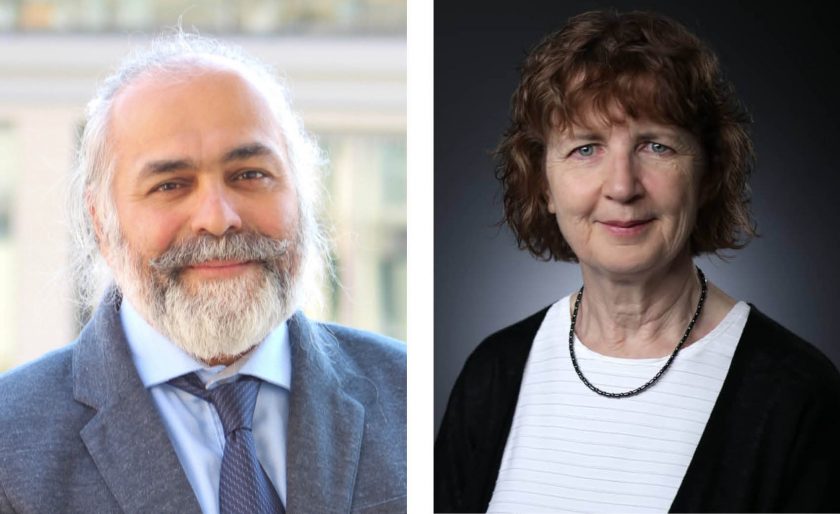UT Austin Named UNESCO Chair in Open Data, AI and Water for Cities
June 30, 2025

The University of Texas at Austin is now a UNESCO Chair in AI, Water, and Cities. This designation recognizes UT as an international resource in research to enable cities to make data-driven decisions to become more resilient to disasters, weather extremes and water scarcity.
UNESCO is an agency of the United Nations that promotes international cooperation in education, science and culture. UNESCO Chairs are research teams associated with universities or research institutes that offer their expertise and guidance in a particular subject area with the rest of the world.
Researchers with the UT UNESCO Chair will focus on using AI, digital twins and open data to help decision makers in cities tackle evolving issues concerning water supply and the vulnerability of infrastructure to natural hazards and climate extremes. The chair is based out of the Jackson School of Geosciences and is led by Professor Dev Niyogi and Research Professor Bridget Scanlon.
“This is really a tremendous honor for UT and the Jackson School,” said Michael Young, associate dean for research at the school. “The UNESCO Chair is an acknowledgement that UT is part of the global community and can help foster collaborative partnerships for using AI and data to build back better, develop future economies and increase the resilience of cities to the risks of natural hazards and extremes.”
Globally, there are about 1,000 UNESCO Chairs. This is the third for the state of Texas, and the second for UT. A research team at the Moody College of Communication is a UNESCO Chair in Communication.
A priority for the research team is building AI tools and open datasets and sharing the knowledge and best practices that they have developed as part of the UT-City CoLab. This is an initiative between UT and the City of Austin that has been endorsed by the World Meteorological Organization World Weather Research Programme. Its mission is to develop innovative solutions and strategies for building cities that are more resilient to extreme climate and weather.
In November 2024, members of the CoLab met in Paris to lead a UNESCO workshop on how academic researchers, municipal decisions makers, community stakeholders and industry experts can work together to translate scientific research into actionable plans that can help prepare urban environments to face natural hazards.
Workshop participants included representatives from France, the United Kingdom, Portugal, the Netherlands, India, Singapore and Nepal, who are developing their own collaborative programs. The goal of the workshop was to create open data and city digital twin frameworks that are not only useful, but actionable for these communities, said Niyogi. It can also serve as a blueprint for more collaborations through UT’s new UNESCO Chair, he added.
“Data is the DNA of information,” Niyogi said. “And information is the foundation of how city decisions can be optimized as we try to address issues such as heat, extremes and hazards, and look to use of AI and machine learning to understand and plan the infrastructure and successful programs.”
For more information, contact: Anton Caputo, Jackson School of Geosciences, 210-602-2085; Monica Kortsha, Jackson School of Geosciences, 512-471-2241; Constantino Panagopulos, University of Texas Institute for Geophysics, 512-574-7376; Julia Sames, Department of Earth and Planetary Sciences, 210-415-9556.
